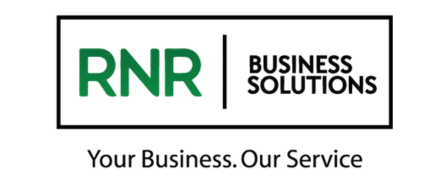5 Tips for Acing Your First Job Interview.

Whether your interview is in person, by phone, or over video, the first conversation with a potential employer is often nerve-wracking. But the more you prepare, the more confident you’ll feel — and projecting confidence is essential to doing well in a job interview.
The following are the tips for acing your first job interview.
Research the Company and Job Description.
Before your interview, research the organization and the responsibilities of the role you’re applying for. A quick internet search or browsing through LinkedIn can usually help you find this kind of information. You should familiarize yourself with the company’s products and services so that you understand how the position you’re applying for adds value to the business.
Your research should prepare you to answer questions like the following:
- Why are you interested in working for this organization?
- What role are you applying for and why?
- How can you help the company reach its goals?
Thoroughly researching employers will help you find a job you’re passionate about. During your job hunt, you’ll discover companies that have products and services that you love or mission statements that excite you. You’ll be able to bring that enthusiasm into job interviews, which could help you land the role.
Practice Answering Common Interview Questions.
Make sure to run through common interview questions with a friend or family member. This is usually much more effective than simply reading potential questions and crafting answers in your head. In addition, this can also help with managing anxiety and reducing any pre-interview jitters.
When you prepare with someone else, you practice enunciation as well as good body language. You’ll also familiarize yourself with how to project calmness and confidence. Practice giving detailed answers that are concise and to the point. Be sure to answer a question in 1-2 minutes — anything longer than this becomes reiteration and suggests a lack of confidence.
Interviewers often ask questions that reveal aspects of your character, such as “What is your greatest weakness?” and “Tell me about a time you dealt with failure.” They also ask questions about your skills , qualifications, work history, work style, and salary expectations.
These kinds of questions help the interviewer determine whether you’re a good fit for the position and for the company’s culture. They can also help the interviewer gauge how well you respond to pressure. You can find more sample interview questions by following #RNRAjiraTips hashtag on our socials.
Pay Attention to Your Body Language
Whether in person or on video, body language is often just as important as the actual words you say. The first thing your interviewer may notice about you is the way you carry yourself — this can be vital to making a good impression. You should sit or stand up straight, look the interviewer in the eye, and smile when entering a room or joining a Zoom call. You want to appear poised and confident.
Maintain good posture, and make eye contact with your interviewer when they ask you a question. Make appropriate hand gestures when you speak, but avoid waving your hands wildly, crossing your arms across your chest, or touching your face or hair. You want to avoid fidgeting and appear calm and attentive.
You can build rapport with your interviewer by subtly mirroring your interviewer’s gestures. However, be careful not to overdo it. If the interviewer realizes you’re copying them, it can backfire.
Respond Truthfully to Questions
The best way to approach an interview is to be yourself. Let your personality shine through as you answer each question to the best of your ability.
It’s OK to take a few seconds to collect your thoughts before answering. And if you don’t know the answer, it’s better to say so than to try to make something up. If the interviewer can tell that your response isn’t genuine or if you provide an incorrect answer, you could make a poor impression.
Keep in mind that the responses you give to interview questions can have a big impact on an employer’s decision to hire you. If you get the job but weren’t truthful during an interview and your new employer discovers that you lied, that might be grounds for immediate termination. This could also jeopardize your future employability — it will be harder to get a new job without good references from previous employers.
Before your interview, consider any gaps or potential red flags in your job history. Think of positive ways to discuss these issues so that the employer understands your value and appreciates your transparency. You want to smooth out the rough parts of your job history as much as possible while remaining truthful.
Prepare Questions for the Interviewer
During your interview, you’ll have a chance to ask the interviewer questions about the company and the position you’re applying for. This usually happens at the end of the interview.
Consider making a list of questions you want to ask ahead of time. These can be questions about the job you’re applying for, the company culture, professional development, etc. That said, be mindful that questions regarding benefits and salary should be discussed with an HR rep or a hiring manager.
Questions you might ask include the following:
- What are the day-to-day responsibilities of this position?
- Are there opportunities for career growth at this company?
- Where can I realistically expect to be in five years if I accept this position?
source: Bestcolleges.com.




